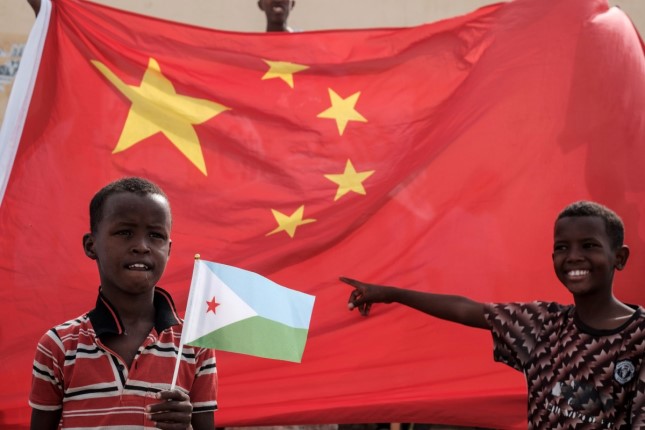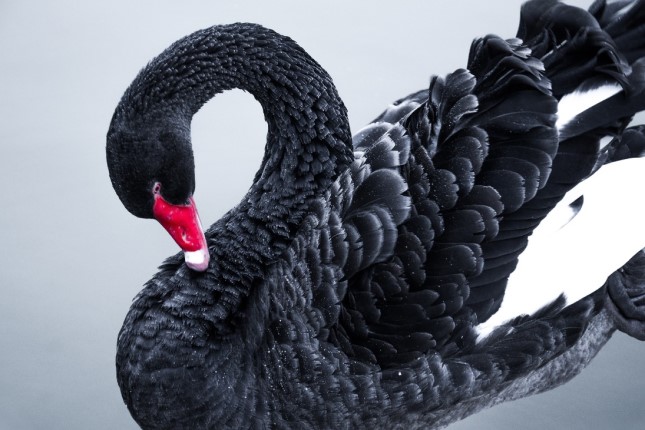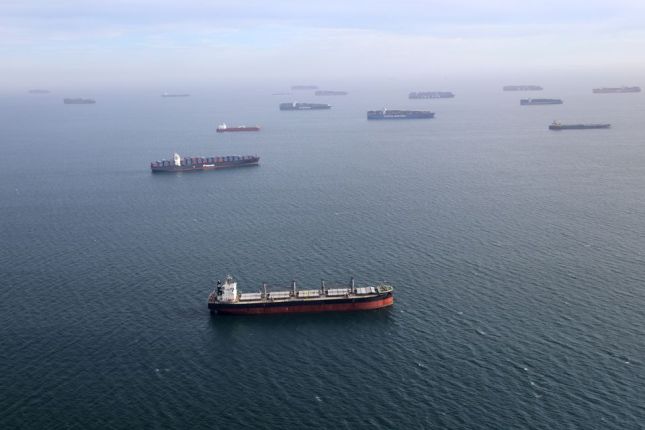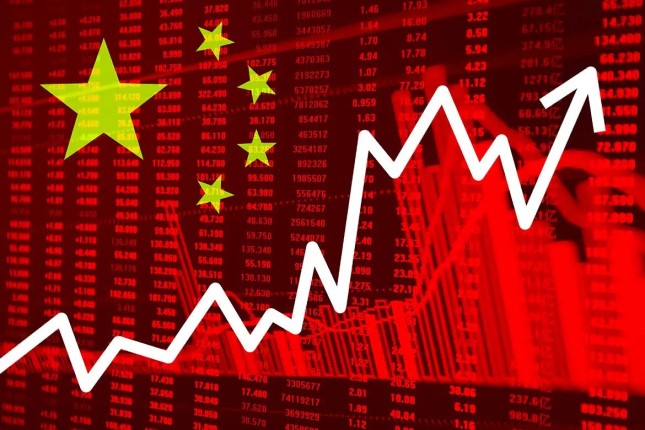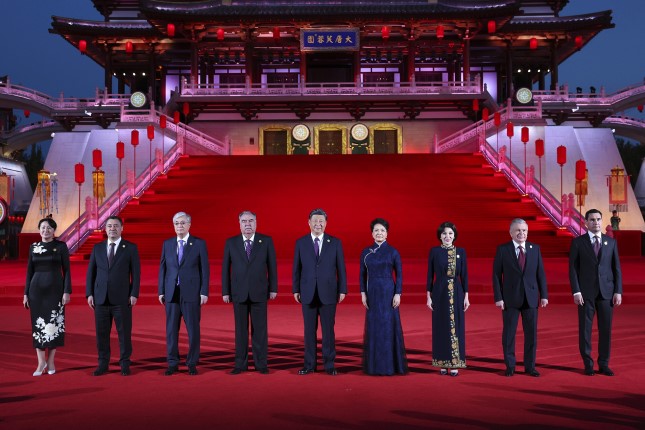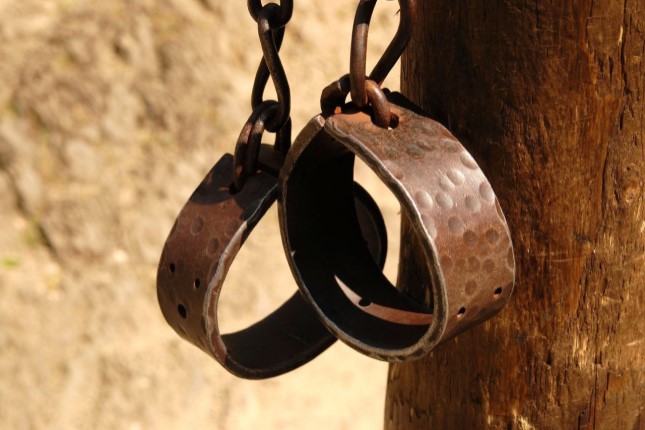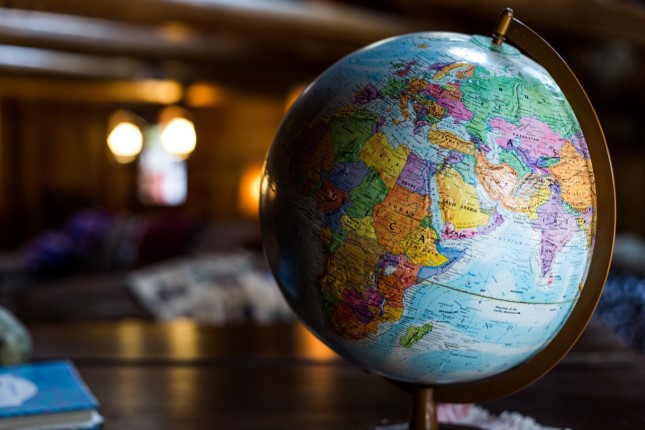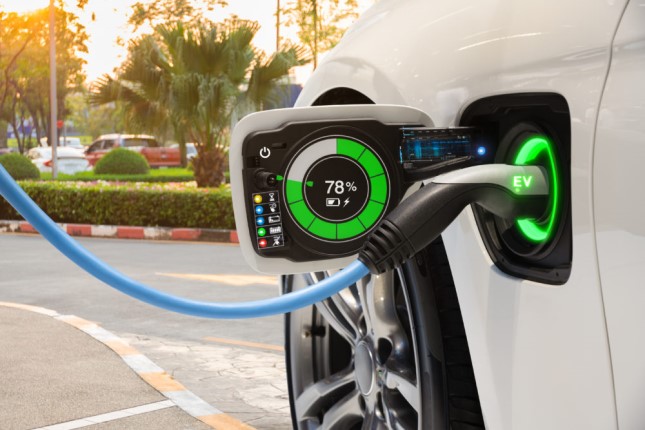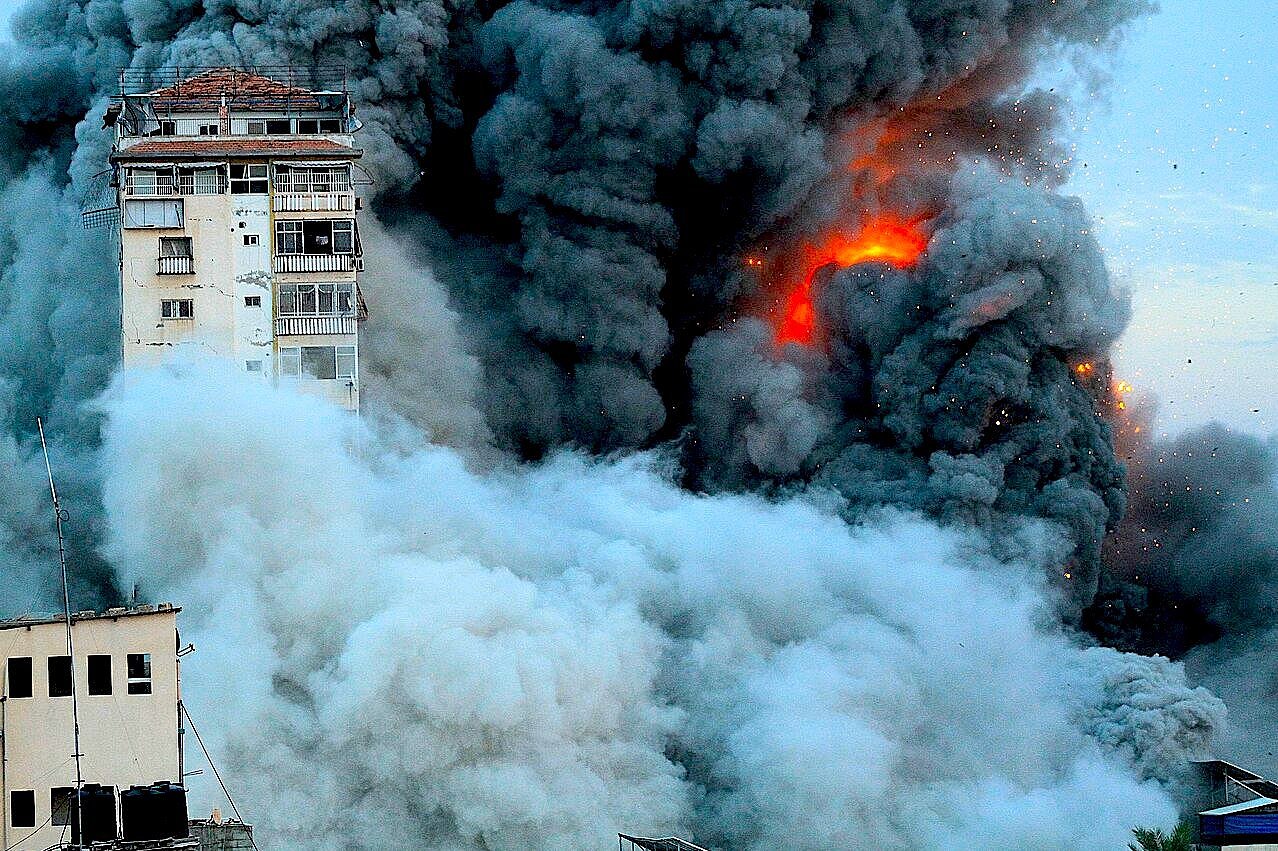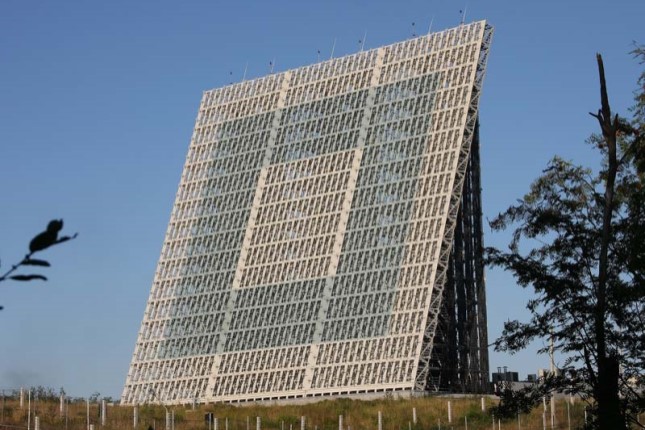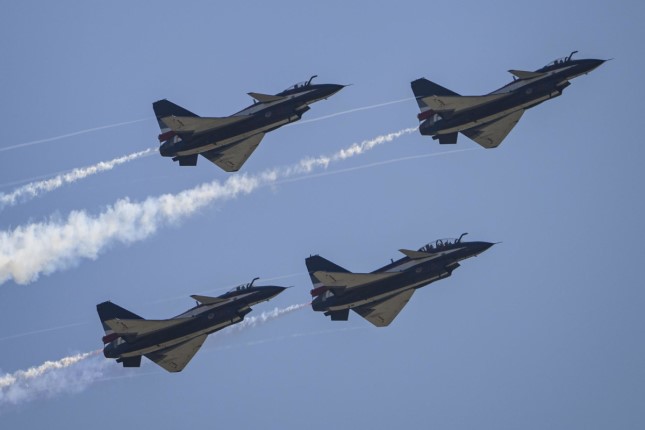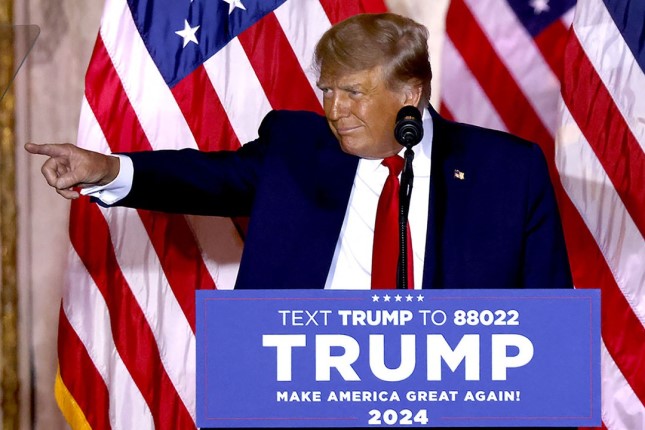For centuries, Africa, with its countless mineral wealth, has been a magnet for the world's major powers. The Dark Continent is home to one-third of the world's mineral riches, including the most extensive deposits of uranium, diamonds and cobalt, a tenth of the planet's explored oil and gas, nearly one-half of all gold, and close to 90 per cent of chromium and platinum. Over the past decades, China has emerged as the most active player on the African continent because it has the resources and markets for China's manufacturing industry and offers great opportunities for bolstering the latter's geopolitical influence.
With the Dark Continent's reverence for affluence and power, Beijing's penchant for bluntness and candour is well justified. In exchange for investing in Africa's economy and providing it with technologies and security, it expects, and surely gets, favourable treatment for its companies. In Kenya, for one, Chinese businesses operate out of special economic zones offering preferential tax rates. And in the Congo, a country that owns 70 per cent of the planet's cobalt, China has been granted special mining rights to extract this nation's precious resources: out of the Congo's 19 cobalt mines, 15 are owned by Chinese businesses one way or another.

The need to bring the extracted raw materials home makes it imperative for Beijing to actively invest in logistics and infrastructure projects. China does not do it for free, though, using the mechanism of credit financing instead. In seven cases out of ten, China's loans to African countries are made conditional on directing the funds toward further development of these nations' infrastructures, almost always involving the construction of railways and motor roads or transportation hubs. Moreover, China insists that Chinese companies and the Chinese workforce do everything. In other words, the Chinese government always acts in the interests of China's businesses and the Chinese state, helping create extra jobs. In 30 out of Africa's 54 countries, China's companies build and operate their seaports.
The terms for obtaining Chinese funding are quite demanding: in the case of the Entebbe international airport in Uganda's capital, all revenue generated by the airport will be used to repay the loan on a priority basis for the next 20 years. Despite these inconveniences, African governments are quite willing to cooperate with China because they value Beijing's willingness not to interfere in their domestic policies or judge how democratic their countries may be or whether or not they hold sacred freedom of the press or human rights.
In addition, Chinese businesses are known for their ability to act incredibly fast. A loan is approved on average within three months (in contrast with several years this may take when interacting with Western investors), and the completed project can be delivered as quickly as in about three years. Especially if it is a part of the Belt and Road Initiative that is being implemented in almost every country on the continent. On top of that, Chinese companies have an advantage over their Western competitors due to their relatively low costs and high quality of work. Chinese workers are undemanding and very disciplined.
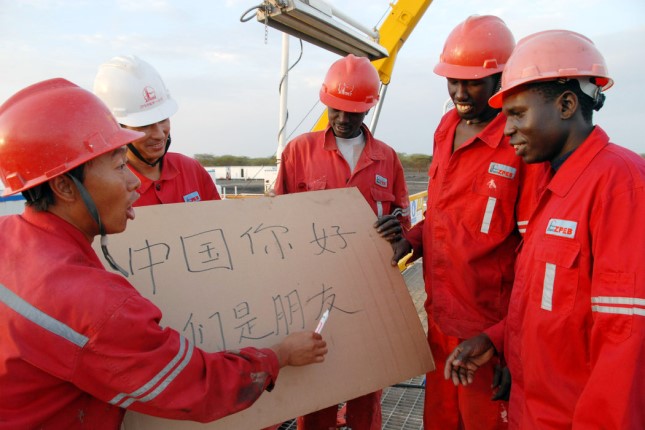
All these factors play a critical role in countries with unstable social and political systems, or, in other words, in any African country. These countries' leaders feel the need to produce and show their people swift results to avoid being forced to leave office, certainly not as a result of an election but as a direct consequence of some kind of turmoil or uprising. In addition, the Chinese tend to turn a blind eye to the amount of investment going to their partner countries leaders' ancestral provinces during the election campaigns could be several times higher than the average amount of investment flowing to the rest of their countries. And, of course, China's investors are in the habit of making generous gifts to the leaders of friendly states and then helping move these assets to offshore accounts.
Yet another pillar of China's influence in Africa is its tech companies representing diverse sectors such as IT, communications and networking, and manufacturing relatively low-complexity products. Almost all electronic devices, scooters - the continent's most popular means of conveyance, trucks, farm machinery, buses and trains are now made in China. In addition, specially for Africa, China makes very inexpensive smartphones with a camera adapted to take better-quality pictures of people with darker skin colour. By and large, Chinese-origin companies account for more than 10 per cent of the continent's industrial output, with business margins reaching as high as 20 per cent. China's entry into a broad range of various sectors of the economy has already helped improve local living standards and, by extension, stabilize the political climate in African countries.
It is said that money does not like noise, which is why China is so committed to nipping in the bud any activity that threatens its interests in the region. Incidentally, this represents yet another advantage of cooperating with China. China's construction projects, transportation corridors and logistics hubs are guarded by private military companies that could also be used to protect African partner countries' governments. China is an active participant in UN peacekeeping missions and has also been involved in the fight against maritime piracy, using it as a guise to steadily develop both of Africa's west and east coasts.
The construction of a Chinese naval base in Djibouti has raised serious concerns among NATO members. The base can fit warships of all sizes, including aircraft carriers and cruisers. Thanks to its strategic location, the base can be used by China to control trade routes from Asia to Europe while also monitoring the situation in the Indian Ocean. China built its base just 10 kilometres away from a similar US military facility.
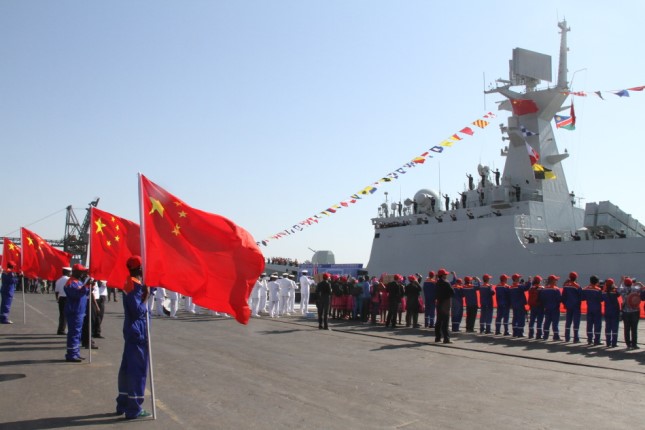
China is also going to establish yet another naval base in Equatorial Guinea to potentially allow Beijing to begin its expansion into the Atlantic Ocean, too. Naturally, these plans face fierce resistance from Washington, resulting in increased diplomatic squabbling. By and large, Equatorial Guinea is finding itself in a perfect bargaining position. It can haggle with China and the US over giving its permits to build a Chinese base and could eventually land a very lucrative deal from either of the parties.
China is often accused of using its policies in Africa to lure the continent's nations into a debt trap. However, the Dark Continent's largest creditor happens to be the World Bank accounting for one-fifth of all of Africa's borrowings, in addition to private companies holding a third of the continent's IOUs.
China's approach seems to be paying off. According to surveys conducted by Afrobarometer, more than 60 per cent of Africans believe that China has positively impacted their lives by investing in the development of local infrastructure and contributing to economic growth. China has established a strong foothold on the continent thanks to its holistic approach and sensitivity to the local context. It has been building, trading and protecting without trying to impose its ideology. This has helped turn China into one of the Dark Continent's most crucial players.
